Road restrictions announced for Aberdeen without consultation or real explanation feel more like a box-ticking exercise, writes Rebecca Buchan.
After months of imposed coronavirus lockdowns and restrictions, 2022 was a year of travel for me.
I was like a caged animal set free once more to explore the world… And I took full advantage of it.
After hitting major cities in Spain, Portugal and Germany, I finished off the year and saw in 2023 in Amsterdam. It’s somewhere I have visited many times before, and it never fails to impress me.
This time, I headed there with my other half to visit his best friend, who works in renewables there. And, I must say, I think the Netherlands have got it right.
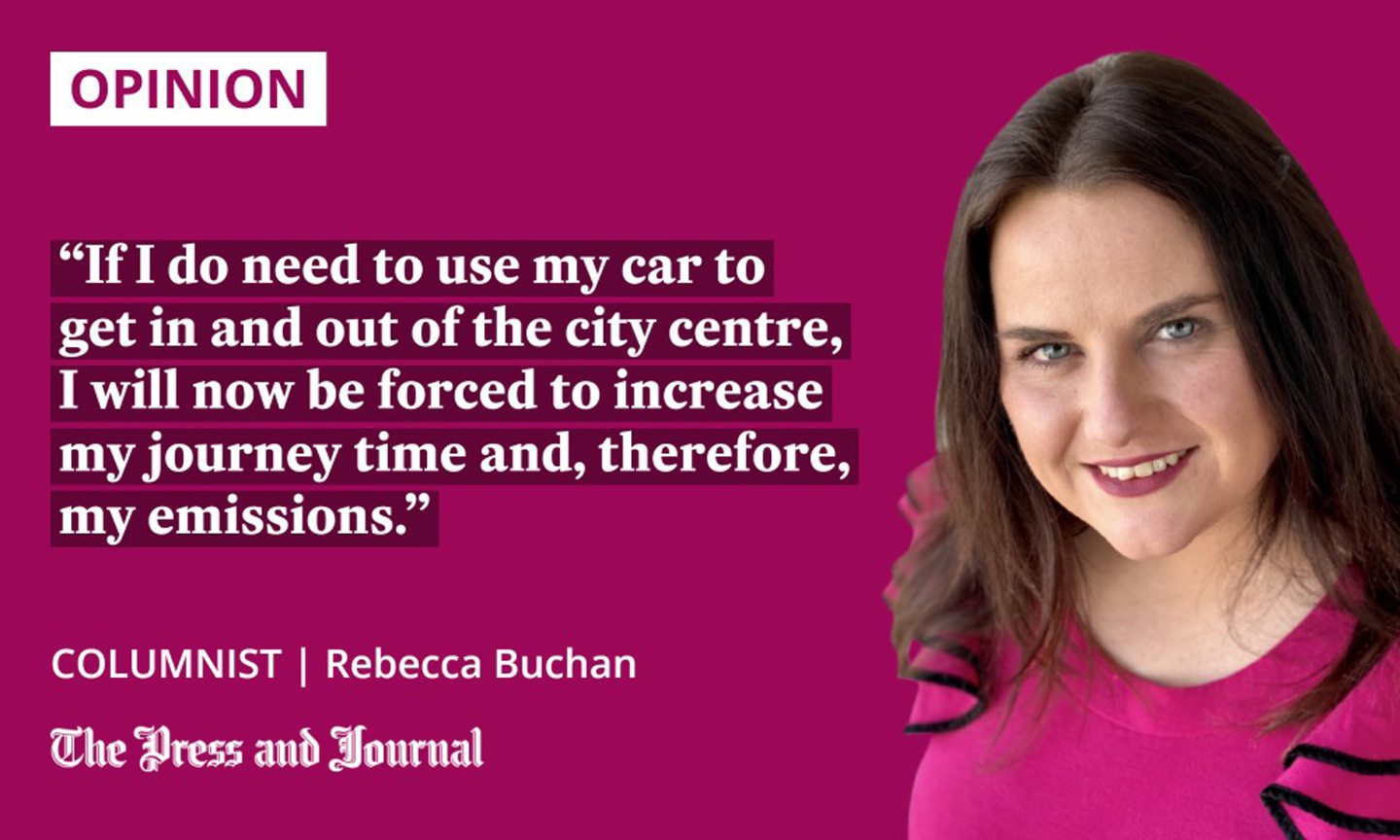
Owen’s lifestyle is enviable. It was like something most of us only ever dream about, or see in the movies. Amazing city centre apartment, brilliantly stocked shops full of fresh produce, a thriving cultural sector, masses of security, genuinely liveable and walkable neighbourhoods, and an environment where bikes are not just welcomed but encouraged.
And, beyond all that, it’s just so much fun.
In Amsterdam, the happiness of residents is put first
But, of course, he is able to live in such a way because of the efforts being made by the Dutch to create and maintain a successful circular economy.
This involves learning to do more with less. The emphasis is on doing more.
This is a city (in fact, I would argue, an entire country) that wants to be sustainable and environmentally responsible – but not to the detriment of the lives of those living there. In order to achieve that, they’ve thought about people, too, and not just the ozone layer.
Public transport is cheap, fast and reliable; there’s infrastructure connecting other cities and the airport; exceptional safety and city centre appearance is prioritised. As a result, the residents are happy and friendly.
Here in the UK – and, in particular, the north-east of Scotland – it just feels like we don’t know what we’re doing.
20-minute neighbourhoods could be a game changer
“Twenty-minute neighbourhoods” have been touted as our answer to tackling climate change, and the future of urban development. In theory, I am a fan.
It is not enough to say you have everything you need within a small bubble, if it’s far away from everything you want
The concept aims to create places where most people can live their lives while walking or cycling, with less reliance on cars.
But, to me, this idea needs to be far less focused on convenience and much more on place-making.
It is not enough to say you have everything you need within a small bubble, if it’s far away from everything you want.
The benefits, if we get this right, should be huge. People would be encouraged to be more active, traffic would likely be reduced, and local businesses and shops could thrive, all at the same time as creating a greater sense of community. But it has to be thought-out.
Aberdeen road closures make no sense
Just before Christmas, it emerged that a host of Aberdeen city centre roads were going to close to cars. New bus gates and one-way systems will overhaul how we get about the heart of the city, with the intention of making bus priority routes.
This means that, should I want to drive to Union Square because I want to buy something large, or to pick someone with luggage up from the train station, the length of my route would essentially be doubled.
The closures made no sense to me, and it would appear they didn’t go down well with the public, either.
On the rare occasion that I do need to use my car to get in and out of the city centre, I will now be forced to increase my journey time and, therefore, my emissions.
I understand the premise, but the restrictions which have been announced came out of the blue, without consultation or real explanation. If anything, it feels more like a box-ticking exercise… “Oh, it’s fine, we’ve reduced traffic on these roads – that should deal with targets. Next!”
Improve living conditions, then close roads
I would be far less irked by this change had it been announced at the same time as revolutionary plans for the area, but, as far as I am aware, there are none on the agenda. Nor has any real headway been made on delivering the city centre masterplan.
So, essentially, greater restrictions are now in place in Aberdeen, with no meaningful improvements to anyone’s living conditions.
I am all for encouraging society to be less reliant on cars. I would also love to feel confident about jumping on my bike to cycle to and from work. But all of that will take much more effort than we have seen so far from Aberdeen City Council.
And we deserve more than a council that simply ticks boxes for the sake of appearances.
To get people on board with plans, they need to feel involved. Is it too much to ask that the future of Aberdeen is given a little bit more thought?
Rebecca Buchan is City and Shire Team Leader for The Press & Journal and Evening Express
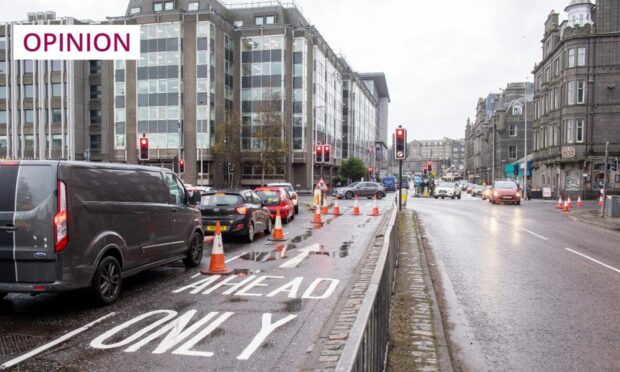
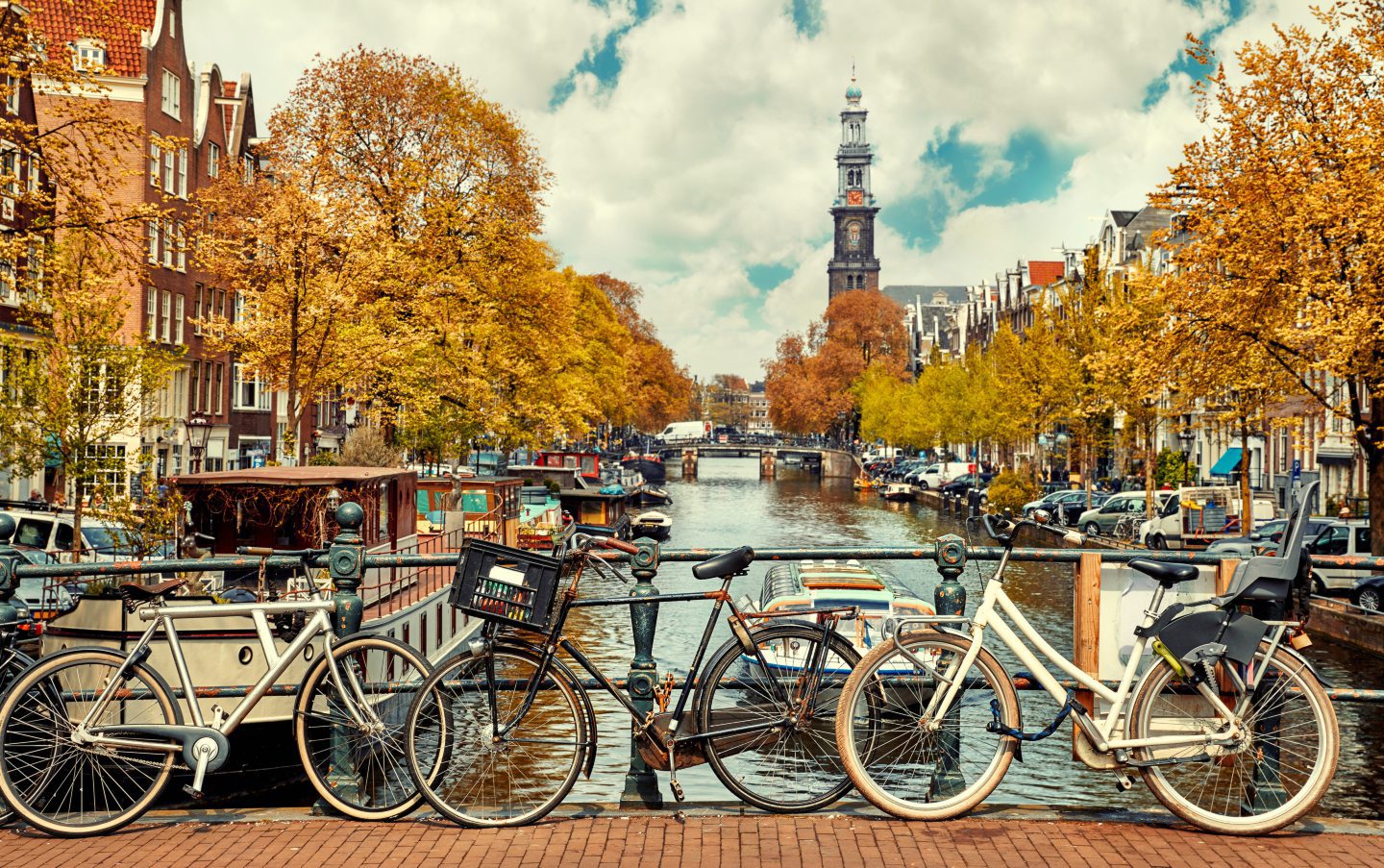
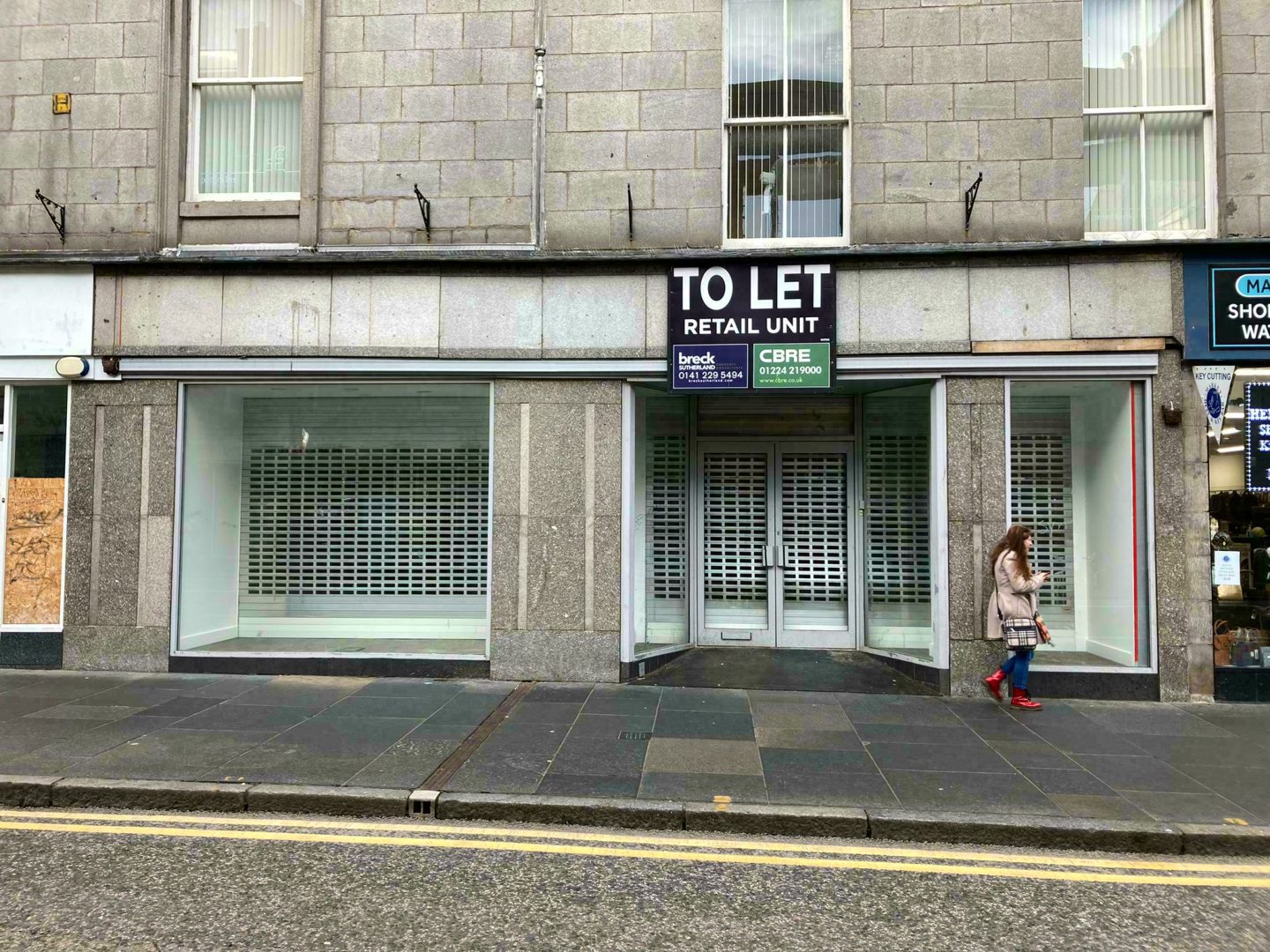
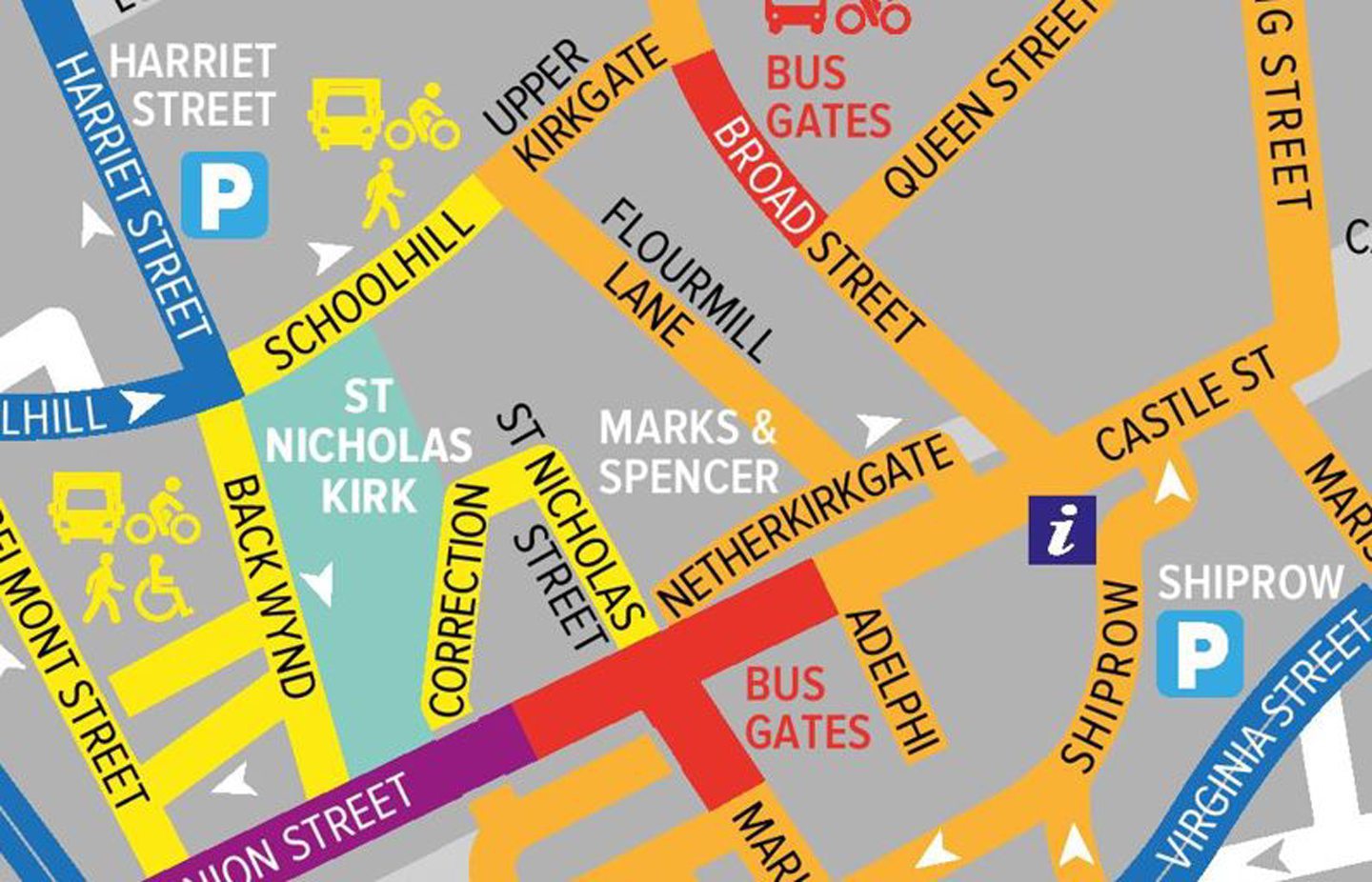
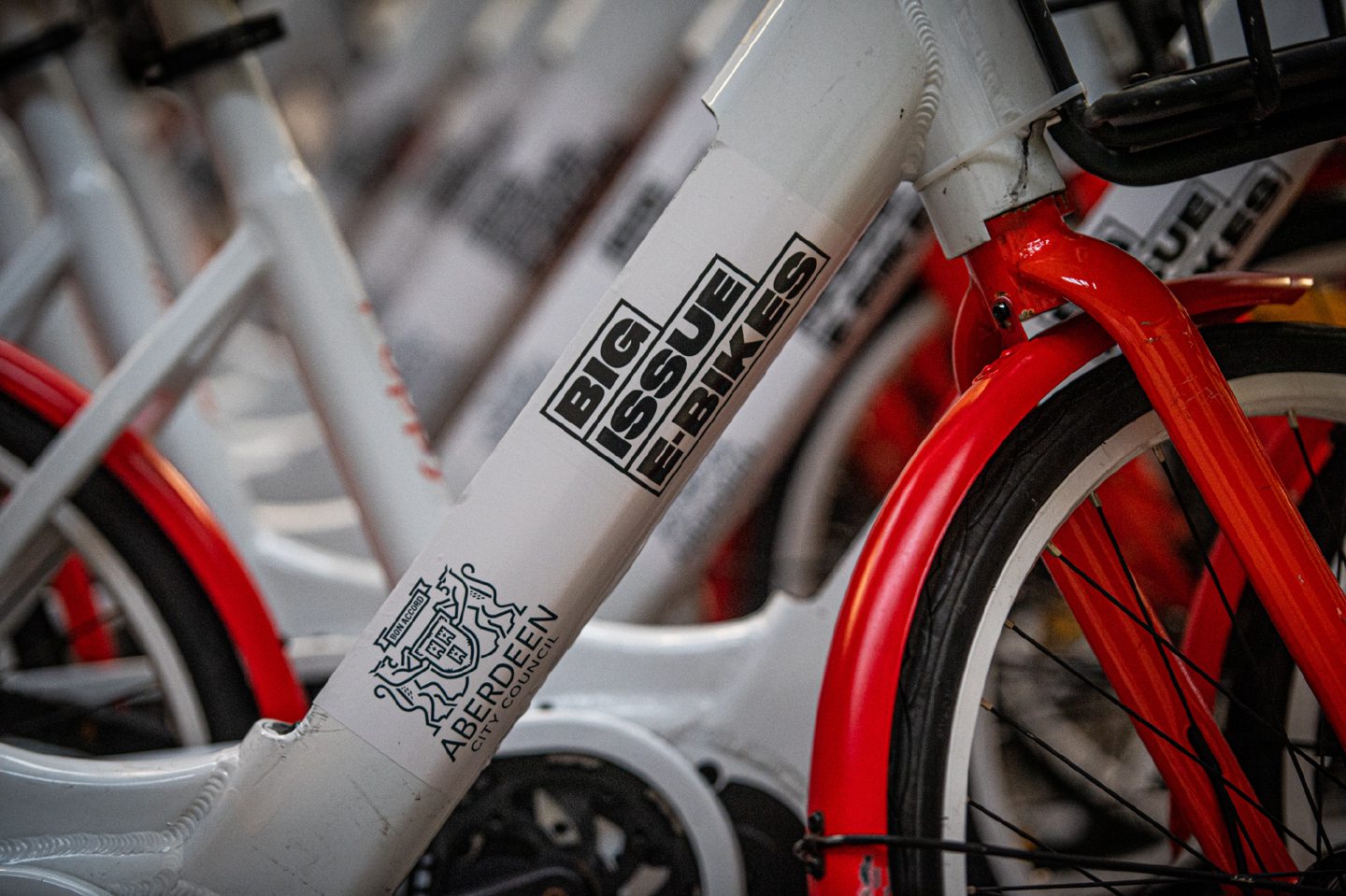
Conversation